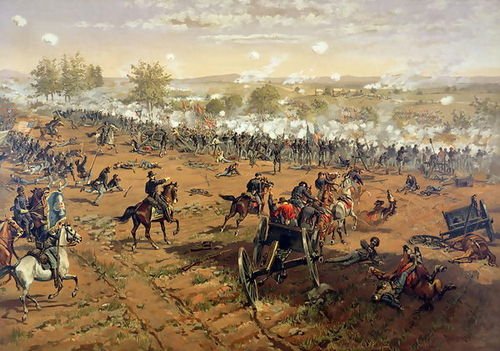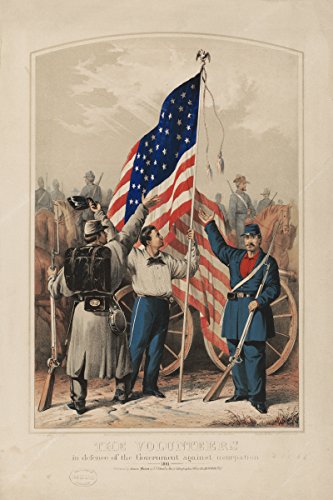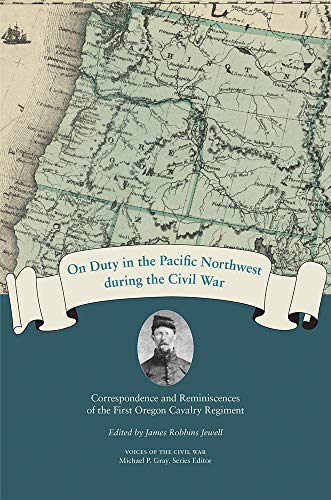While the U.S. Civil War is often portrayed as a fight between native-born Northerners and Southerners, the truth is far different. Up to two-thirds of the US Army, by some accounts, was made up of foreign-born immigrants at the beginning of the conflict.
“The enlisted men came from virtually everywhere,” historian James Robbins Jewell notes in the introduction to On Duty in the Pacific Northwest during the Civil War. “As one soldier from Virginia noted about the prewar army, ‘There is some of most every nation in the army, less Americans than any other.’
“The reason so many foreign-born men enlisted in the army was simple economics. Freshly arrived and unable to find work, they made perfect targets for recruiters.”
German national Eugene Randel’s experience was not unique:
“I had sold everything I owned that was of value. I owed six dollars at my boarding house. I did not know what to do. By chance I saw a flag hanging from a house and under it a sign. It was a notice that the United States wanted recruits for the army. This was my only resort if I did not want to steal or beg. I went in. I was accepted soon enough and sworn in. I was bound to remain a soldier for five years, for clothes, lodging, and food, and eleven dollars a month.”
On Duty in the Pacific Northwest during the Civil War: Correspondence and Reminiscences of the First Oregon Cavalry Regiment, edited by James Robbins Jewell. University of Tennessee Press, 2018.


